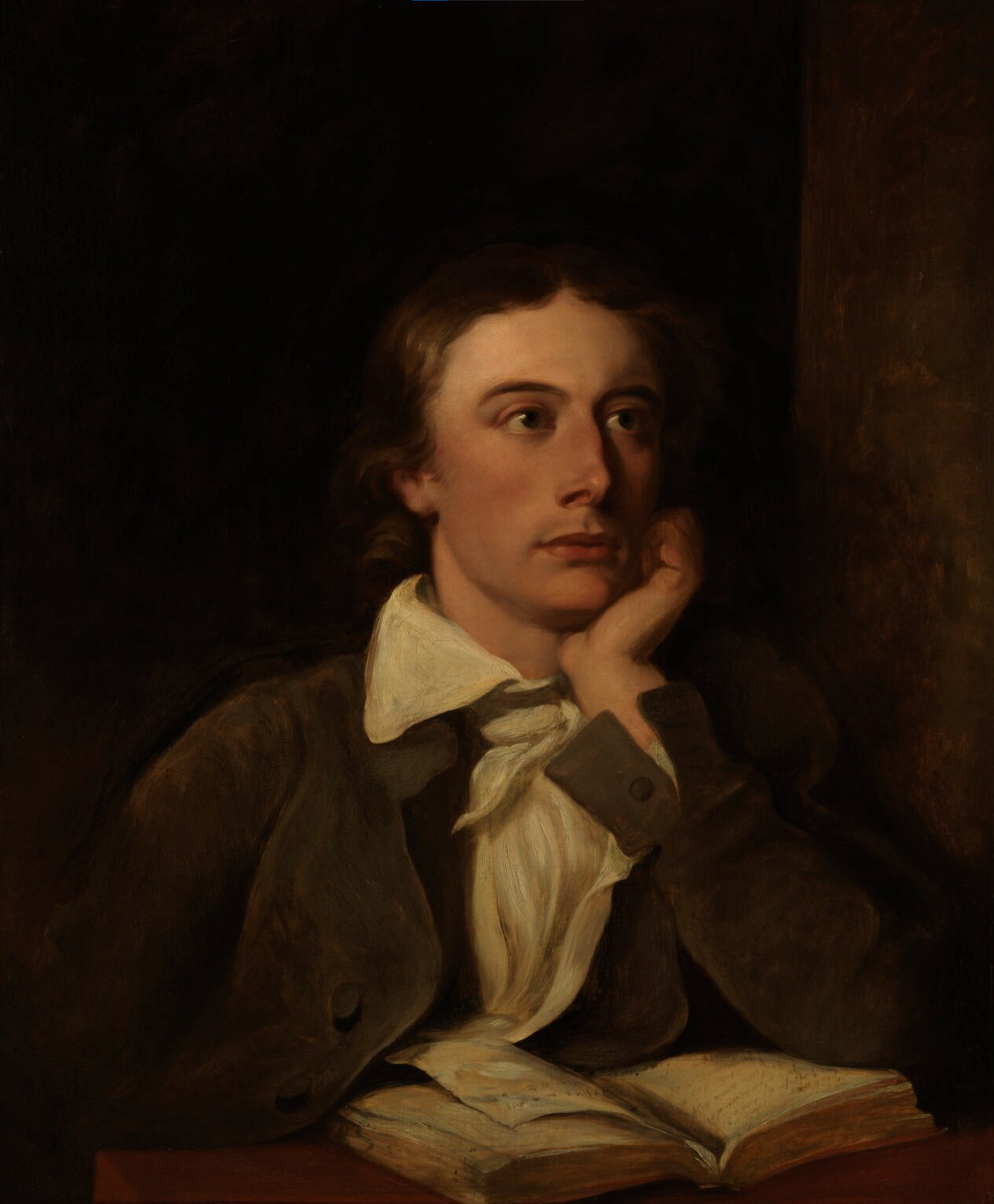Yesterday, as I was mingling with the congregants of an Unitarian Universalist church which I attend occasionally, primarily to dialogue with fellow members of the atheist discussion group in which I participate, I came across this observation:
"When you're accustomed to privilege, equality feels like oppression"
How true, I thought, how true: privilege tends to color how we see everything else. On the other hand, consider the radical counterintuitivity of the imperative, rooted deeply in the pages of the Hebrew and Christian Bibles, that for those to whom much has been given, much is required. Sharing out of our abundance, particularly in a way that results in increased equality of opportunity for all people, is in no way oppression. Quite the opposite. It simply affirms the fact of God's love for every human being.







